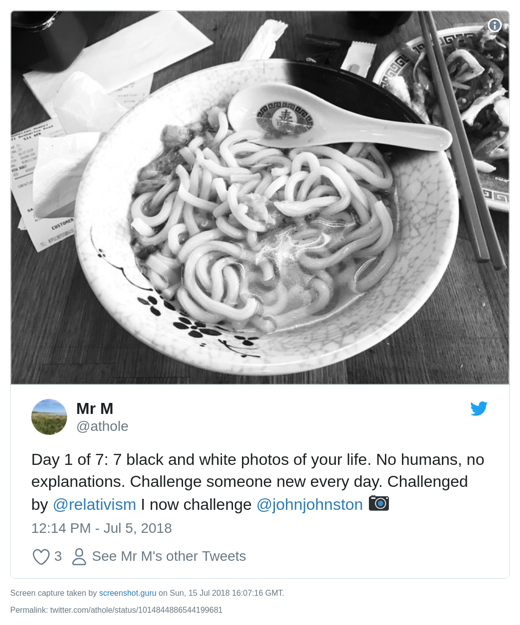“BEST. PD. EVER!” Some teachers make bold claims for the way that Twitter supports their professional development, yet research into this area is rather limited. This study sought to gain a better understanding of the practices involved and the part that Twitter plays. It uses a sociomaterial sensibility informed by actor-network theory (ANT) to unravel the complex webs of relations which form, break apart and reform when knowledge practices are enacted in the mediated arena of Twitter.
To explore this rich but messy environment, I evoke the spirit of the Parisian flâneur to develop an ethnographic approach I refer to as ‘flânography.’
Ian Guest’s phd should make for fascinating reading. I’ve followed along on his blog as best I could. The idea of twitter as CPD is a popular one that needs the sort of examination that Ian carried out.
We have interviewed Ian on Radio Edutalk about his phd back in 2016 and I am looking forward to talking to him again soon. He also published audio of some of his research interviews on Edutalk: CPDin140.









